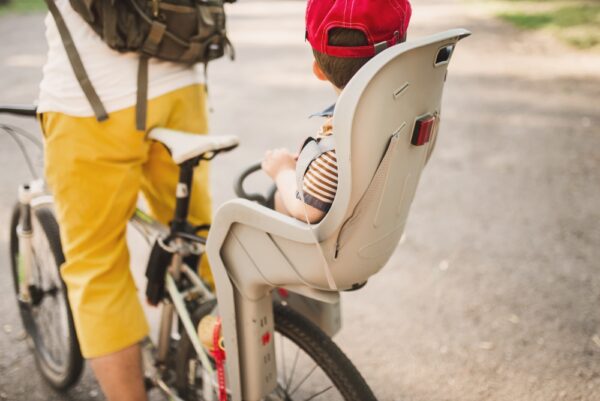
22 September 2021
Permission to vaccinate a minor child (against COVID-19)
Vaccinating children according to the Dutch National Immunisation Program is regarded as medical treatment for children.
With regard to permission for a vaccination, a distinction is made between different age groups.
For children younger than 12 years old, permission for the vaccination is required from both parents who have parental authority over the child. For children between 12 and 15 years old, permission for the vaccination is required from both parents with parental authority, as well as the consent of the child itself. Children aged 16 and 17 decide for themselves whether or not to be vaccinated.
Permission from the court for the vaccination
In a situation where both parents with parental authority over their child must give permission for the vaccination, but one of the parents refuses to give permission, the court can be asked for permission for the vaccination. This permission can be requested on the basis of Article 1:253a of the Dutch Civil Code. In that case, the court takes a decision that is in the best interests of the child.
There are various judgments from courts and courts of appeal in which one of the parents has requested permission to vaccinate a child. In these cases, various arguments have been put forward by the refusing parent to substantiate the position that the child should not be vaccinated. These arguments included that vaccination is not in the best interests of the child because the vaccines have harmful side effects, that the vaccine does more harm than good, that vaccination is unnecessary if antibodies are already present in the child’s body and that it is the right of a parent is to freely profess a belief.
Despite the various arguments of the refusing parents, the objections are almost always rejected by the courts and courts of appeal. It is considered that despite different opinions about vaccinations that have been put forward in recent years, the prevailing principle is still that the Dutch National Vaccination Program is adequate and can be followed without significant risks. Furthermore, it is considered by the courts and courts of appeal that it is a well-known fact in medical circles that the government policy pursued is widely supported, that the vast majority of the population also follows this government policy and that and they let their children participate in the Dutch National Immunisation Programme.
In short, despite various objections from parents to vaccination, the judgment of courts and courts of appeal tends to be that it is in the best interests of children to be vaccinated according to the Dutch National Immunisation Programme. Permission from the court is granted to the parent who wishes to have the child vaccinated.
Permission for COVID-19 vaccination
Since 6 July 2021, in accordance with the advice of the Dutch Health Council, it is also possible to have children vaccinated against COVID-19. If one of the parents who have parental authority over the child does not wish to give permission for this, the court may be asked for permission. The question is how this will be dealt with in practice by the courts. This depends on the arguments of the refusing parent. In addition, it will have to be considered whether the court considers a COVID-19 vaccination to be in the best interests of the child, now that it has been shown that if children are infected with COVID-19, they do not, in principle, become very ill. The question is whether judges will rule that granting permission for a COVID-19 vaccination is a decision considered to be in the best interests of the child, in accordance with Article 1:253a of the Dutch Civil Code.
Do you have a question? Please feel free to contact me.
15 July 2024
Child account or child support?
When parents of a child end their relationship, they must make arrangements regarding the division of the costs of care and upbringing of their child. Parents are generally free to determine these arrangements themselves. However, the principle is that a child should not suffer any financial disadvantage following the end of their parents' relationship.
Read more
3 July 2024
Loss of mortgage interest when dividing the house
When dividing the joint house (for example, in the event of divorce or termination of cohabitation), it often happens that one party takes over the home with the mortgage, and the other party looks for new housing.
Read more
24 June 2024
How to overcome a long pick-up and drop-off distance in a care arrangement
When parents split up, agreements have to be made about the care arrangements.
Read more
